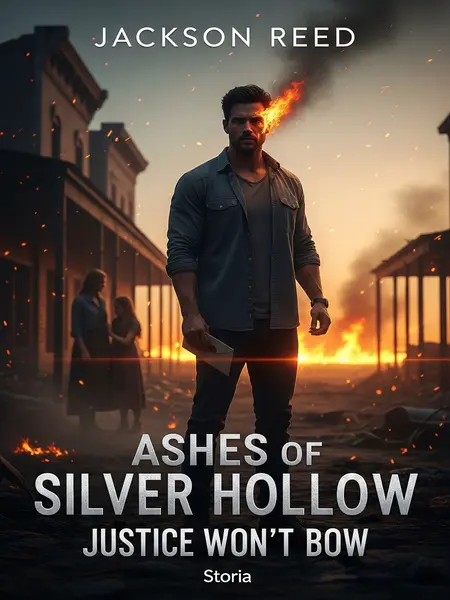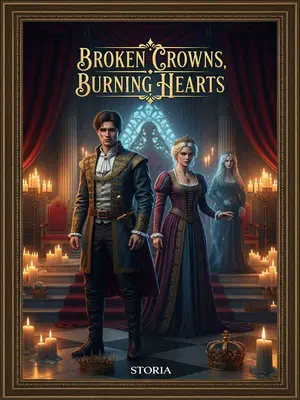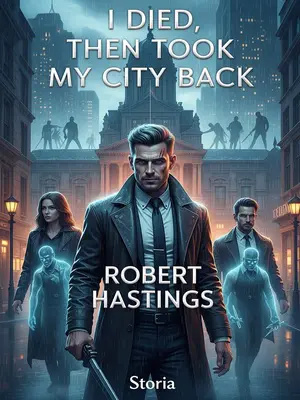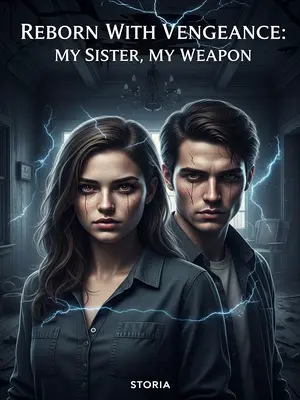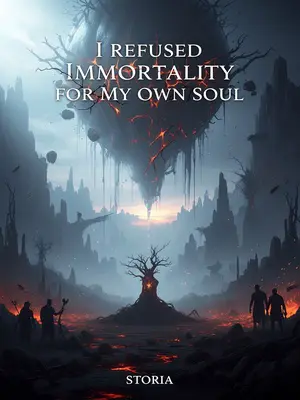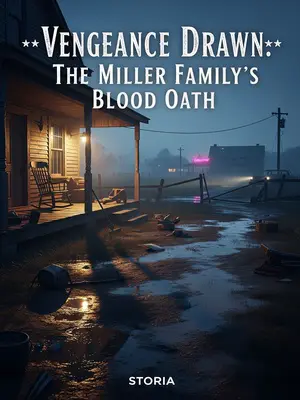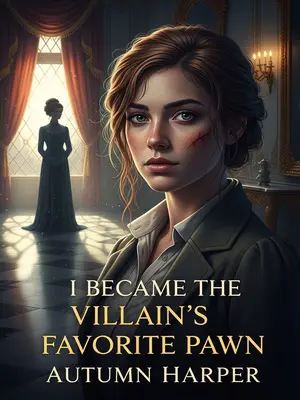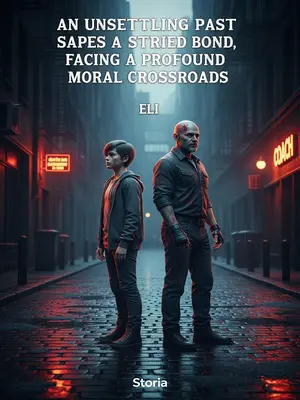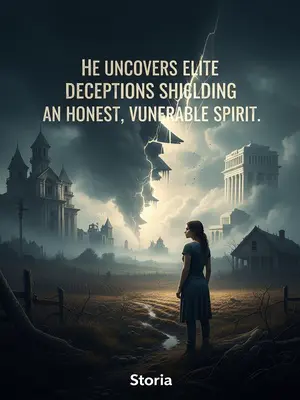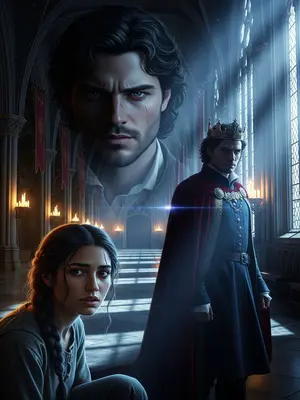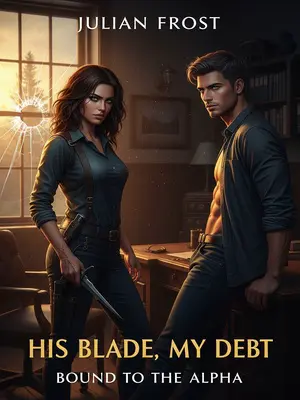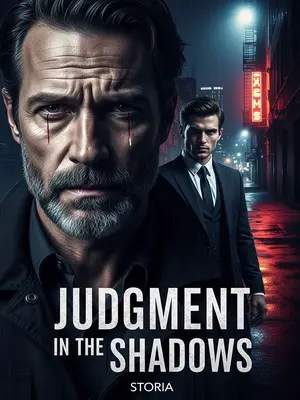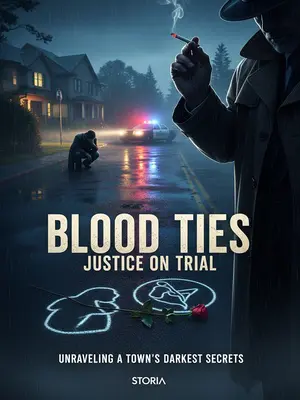Chapter 1: Ashes and Old Grudges
As the son of a powerful governor, I decided to keep my head down in a small Appalachian town—just trying to fly under the radar and lend a hand to the people who needed it most. I wasn’t looking for attention, just a way to do some good where it counted. Every few years, I’d make the trip back to my family’s estate in Savannah to check in on my father and siblings. Maybe it was too long between visits, but every time I went home, it was complicated—like I had to brace myself for the old expectations and the weight of family legacy.
Sometimes, driving those winding roads back to Savannah, the air would change—the sharp scent of pine needles and the endless buzz of cicadas would give way to the thick, lazy hush of Spanish moss and the faint sound of jazz floating in from the city squares. It was always jarring, like stepping through a portal into another world—one where old money ruled, and expectations pressed down on you like a heavy coat. You could feel the tradition in your bones, whether you wanted to or not. Still, every time, I found myself pulled back to Silver Hollow. That little town had a way of calling me home, reminding me I could actually make a difference, away from the politics and the endless spotlight.
But this time, after my latest trip home, my father sent a whole security detail—a bunch of his men—to bring me back to Silver Hollow. When I rolled into town, what I found was gutting. The homes people had poured their sweat into were nothing but blackened rubble—families huddled outside, shivering, their lives up in smoke again. It was like a punch to the gut.
Smoke still hung heavy in the air, bitter and thick, sticking to every memory of laughter and sweat. I caught sight of Mrs. Carter clutching her baby, her cheeks smeared with soot, and old Mr. Bailey just staring at the charred mess where his porch swing used to be. My stomach twisted up. The world I’d tried to help build had been wiped out, and the ache in my chest was almost unbearable. It was like someone had ripped the heart out of the place.
My wife had stayed behind to protect everyone, but they dragged her name through the mud, called her a tramp, and humiliated her in front of everyone. Even my daughter—they’d taken a hot iron and branded her forehead, like she was nothing, like she didn’t matter at all.
The sheer cruelty of it made my hands shake. I had to look away for a second, just to keep it together. In this town, gossip cut like barbed wire, and the shame they tried to slap on my family was brutal. Every time I looked at Lily, guilt and rage flared up in me. And Maddie—seeing her hurt like that—it felt like someone had carved the word "failure" straight into my soul.
I went to the county office, desperate for help, but the same old classmates I’d once pulled all-nighters with for the SATs just sneered at me:
"Jackson, weren’t you the big shot back in school? What, can’t land a real job now? Just scraping by with these small-town nobodies?"
Their laughter hit sharp, bouncing off the faded linoleum and cheap wood-paneled walls. I remembered the stale pizza, the late-night cramming, the big dreams we used to have. Now their eyes were ice-cold, their words dripping with venom. It stung—way more than I’d ever admit out loud.
Franklin Goodwin, the county manager, grinned wide:
"Didn’t the mayor’s daughter have a crush on you back in the day? Maybe if you crawl all the way to Atlanta and beg her, she’ll come bail you out!"
His voice was all sticky-sweet, but his eyes were pure mean. I could hear the snickers from the other staffers, and suddenly it was like being back in high school—except now, the stakes were a hell of a lot higher.
Looking at these smug pencil-pushers, I felt a hot, bitter rush—like I wanted to spit. I never gave a damn about climbing ladders or playing politics. I just wanted to keep Silver Hollow safe and help the folks who’d rebuilt it with me. But now, with my trust shattered, there was no point hiding who I really was anymore. Screw it.
The air in that office was thick—like you could chew it. For a second, I wondered if any of them remembered those late-night talks about justice, about changing the world. But their faces were locked down, all hard edges and years of petty power. That’s when I realized—keeping quiet had never protected anyone. Not really.
"Mr. Jackson, you gave up your shot at a cushy career and helped us build Silver Hollow. That’s more than anyone could ask—we can’t let you risk more for us!"
"Yeah, so the town’s gone. We’ll just build it again!"
My neighbors’ voices shook, but there was steel underneath. Even after all they’d been through, they stood shoulder to shoulder with me. I saw it in the way they clapped my back, nodded, or just looked at me—gratitude tangled up with guilt in their eyes. They were beat up, sure, but not broken.
I stood in front of the old town hall steps, a crowd of neighbors behind me. They looked tired, faces lined from too many sleepless nights and too much loss. I could feel their guilt—they didn’t want me to keep fighting their fight, but I couldn’t just walk away.
The steps groaned under my boots. I could feel every eye on me, heavy with hope and fear. Someone handed me a battered old ballcap—a quiet, stubborn gesture that said, "We’re with you." I pulled it down low, jaw set. Whatever happened next, I wasn’t backing down. Not for anything.
This time, when I came back, my father had secretly sent thirty private security guys to keep an eye on me, and even slipped me a wad of cash, worried I’d run out. But I refused to go back to Savannah. I just wanted to look after Silver Hollow, so I kept all that hidden—didn’t want anyone thinking I was leaning on family money or muscle.
That envelope with the cash was still tucked away in the lining of my duffel bag, right next to my father’s letter. The security guys, dressed like regular contractors, kept their distance, just watching. I appreciated it, I guess, but I wanted to stand on my own two feet. Savannah felt like another planet. My place was here.
Silver Hollow—just a couple weeks ago, it was the closest thing to heaven I’d ever known. Now it was a graveyard of ashes. How the hell was I supposed to just stand by and do nothing?
I stared at the skeleton of the church steeple, the warped swing sets, the puddles of melted streetlamps. The air tasted like burnt promises. I clenched my jaw, feeling every vow I’d ever made to these people pressing down on me. There was no way I could walk away. Not now.
